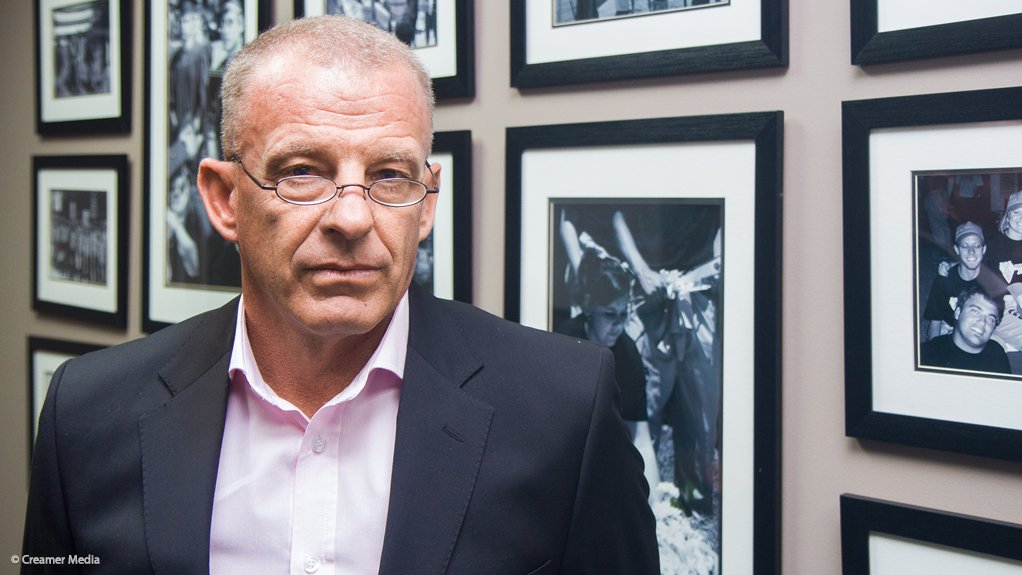There are four things needed to fight corruption, namely a strong political will; a free judiciary; a free press and an independent and active civil society, according to Gerrie Nel, head of a private prosecutions unit at civil rights group Afriforum.
Nel is a former state prosecutor and became a regular on television during the trial of Oscar Pistorius.
"South Africa already has three of the four requirements shown globally to be needed to fight corruption," Nel said as a keynote speaker at the convention and expo of the South African Property Owners Association (SAPOA) in Cape Town. He insinuated that the only aspect lacking of the four is a strong political will to fight corruption.
Nel referred to a phrase used by Economic Freedom Fighters leader Julius Malema in his SAPOA address the previous day, namely that the business sector needs to disrupt its greed.
Collusion vs corruption
"I did not realise that business people who collude and fix prices are a gang of bullies. When a public servant is corrupt we say he is corrupt, but when a business person does corruption we say he 'colluded'. I recently became aware, for instance, that collusion in the building of World Cup soccer stadiums in SA added R14-billion to the construction costs for municipalities. Imagine what we could have done with R14-billion extra for the economy," said Nel.
He told delegates that he wants to demystify the concept of corruption.
"What goes wrong between doing lip service to fighting corruption and when one gets to the boardroom? The same goes for politicians. In the past Minister Jeff Radebe has pointed out that for every corrupt official there must be a corrupt businessman," said Nel.
"So who is the real bully - the official dealing with tenders or the man who is willing to pay him year's salary in advance for the tender? Without model leadership and role models we can do whatever we want to, we will never stop corruption, according to Transparency International."
Nel emphasised that corruption is collusive by nature and so-called grooming can be used in the process.
"For instance, if you have a friend who has a friend in government and that guy needs new tyres for which you pay and later you pay for the service of his car. Years later when that man is the head of procurement, for instance, and you want a certain tender, can he say no?" explained Nel.
He furthermore pointed out that in terms of SA law, if you know about corruption of more than R100 000 and you fail to report it, you are committing a crime – even if you were just appointed in an acting manner at the time.
"A public office comes with power and power comes with responsibility. Who would have thought 10 years ago that the Nkandla judgment would be possible? Or that the court would force President Jacob Zuma to give reasons for his Cabinet reshuffle," said Nel.
"Justice moves slowly, but if in the end justice is done, it was worth it. I would warn against rushing through a case and avoid justice being done as the eventual justice is the most important."
During question time Nel was asked whether his private prosecution unit will not become a state within the state. To this he answered that if someone is powerful enough to prevent a state prosecution by the National Prosecuting Authority, then what else can the public do? That is where his unit could possibly step in.
"I think we will be able to convince the Constitutional Court that normal citizens have a right in every cent that is corruptly spent or abused. We will argue that we can show as society that we have a specific interest in stopping government from abusing our tax money," said Nel.
EMAIL THIS ARTICLE SAVE THIS ARTICLE
To subscribe email subscriptions@creamermedia.co.za or click here
To advertise email advertising@creamermedia.co.za or click here











